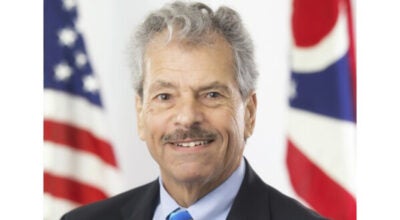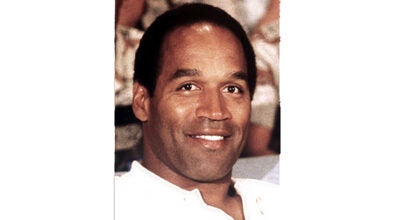OUS ranks No. 2 in the state for recycling
Published 10:12 am Wednesday, April 20, 2011
After 10 weeks, a nationwide competition that pitted colleges and universities against each other to see which was the greenest is finally over.
This was the third year Ohio University Southern has participated in RecycleMania, but the first year to be in competition with other schools.
OUS finished second in the state among 14 other institutions, and placed 32nd in the nation among 288 schools of the same division.
“I think it’s outstanding,” Adam Riehl said. Riehl is the director of facilities management at OUS and coordinated RecycleMania for the campus.
“I was pleasantly surprised. It did exceed our expectations.”
OUS Dean Bill Willan was also pleased with the overall results.
“We’re very proud of this achievement,” Willan said. “Southern Campus faculty and staff members take great pride in contributing to a good cause. When Adam Riehl and his staff began the education campaign three years ago, they found a willing group of recyclers ready to pitch in, and each year has produced significantly more recycling.
To do this well our first year in the competition is truly a testament to our sense of community and the pride we take in trying to make it better.”
Riehl said all OUS facilities participated, including Ironton, the Proctorville Center, the Ohio Horse Park, the OUS Child Development Center, the Nature Center, and Business and Resource Training Center in South Point, and collected 15,617 pounds of recyclable materials.
The nearly eight tons of recyclables accounted for 48.68 percent of all the waste collected at the OUS facilities.
As pleased as Riehl was about the rankings, he said there is still room to improve.
“We need to look at a way to focus more on reducing the amount of waste that goes into the dumpster,” he said. “But we’ll definitely continue to increase recycling. They go hand-in-hand.”
Overall, 630 colleges and universities participated in this year’s RecycleMania competition, collecting 91 million pounds of recyclables, which in turn prevented the release of nearly 270 million metric tons of carbon dioxide equivalent.
“We’re very pleased with the effort and final results,” Riehl said. “All the colleges and universities are truly winners because it brings the focus back to recycling and waste control.”




